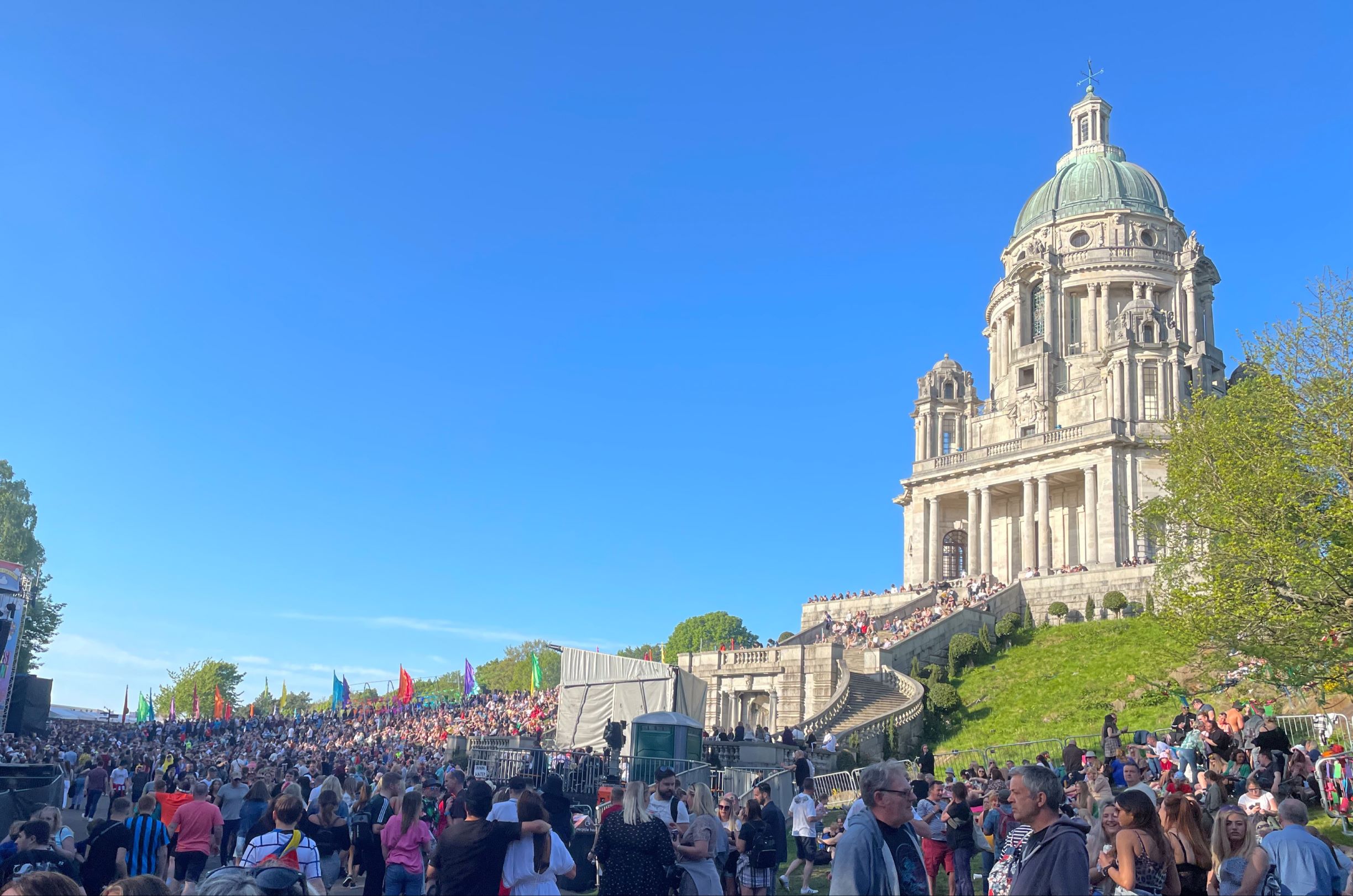Tab Content: When and Where
The Community Conversations: Disability Access events will take place using Microsoft Teams between 6:30pm and 8:30pm.
This session has been limited to a maximum of 24 participants, to enable effective discussions. If we find that there is an overwhelming need for more places, we will look at additional dates or means of communication.
Tab Content: Event Format
Following a short introduction, attendees will be split into smaller groups and will rotate between digital breakout rooms, where facilitators will direct conversations surrounding each of the four topics.
Attendee engagement is not compulsory for every discussion station, and you can join in with conversations as and when you feel comfortable. If you prefer to communicate by writing or would like to discuss an alternate discussion approach, then please do let us know the day of the event.
We hope to provide everyone plenty of time for all conversations but understand that some may be more in-depth than others. If you leave the event feeling that you did not get a chance to say everything you wanted, don't worry! We'll be providing ways for you to feedback and remain in contact with us about this project going forward.
Tab Content: Using Teams
We will be using Microsoft Teams to deliver the Community Conversation sessions, however, you do not need a Microsoft account to access our events.
Once you have registered for the event, you will receive an email with a Meeting Join Link.
To join on the day, click the 'Join the Meeting Now' button at the start time of the meeting. This will prompt you to either open the meeting in the browser or using the Teams App.
If you have Teams installed, click the 'Join in Teams App' button.
If you do not have Teams installed, select the 'Continue on this Browser' button. It may ask you for permission to use your camera and/or microphone.
Please be aware that Microsoft will use any existing account you have in Teams and people will be able to see this. If you use Teams for work, you might want to access the link on a private or incognito browser window instead to avoid other attendees seeing your work contact details.
Tab Content: Who Can Attend
We welcome attendees from anywhere in the Lancaster district who would like to discuss disability access in the local area. Whether or not you are disabled or have a long-term health condition, you will have an opinion on improvements that can be made to our services, buildings and community to benefit disabled people and their families and friends.
Carers and companions are especially welcome. We recognise that many people take on unpaid caring roles for family members or friends, and can often articulate very well the difficulties and barriers they see their companions experience on a daily basis.
Tab Content: Code of Conduct
We want to ensure that this discussion is a safe and welcoming one for all involved. As such, we appreciate your understanding and cooperation with the use of sensitive language surrounding disability and other protected characteristics.
If, for any reason, we feel that a discussion is no longer productive or comfortable for those involved, our facilitators will redirect the discussion topic and may ask involved parties to leave if conversations cannot remain respectful and civil.


